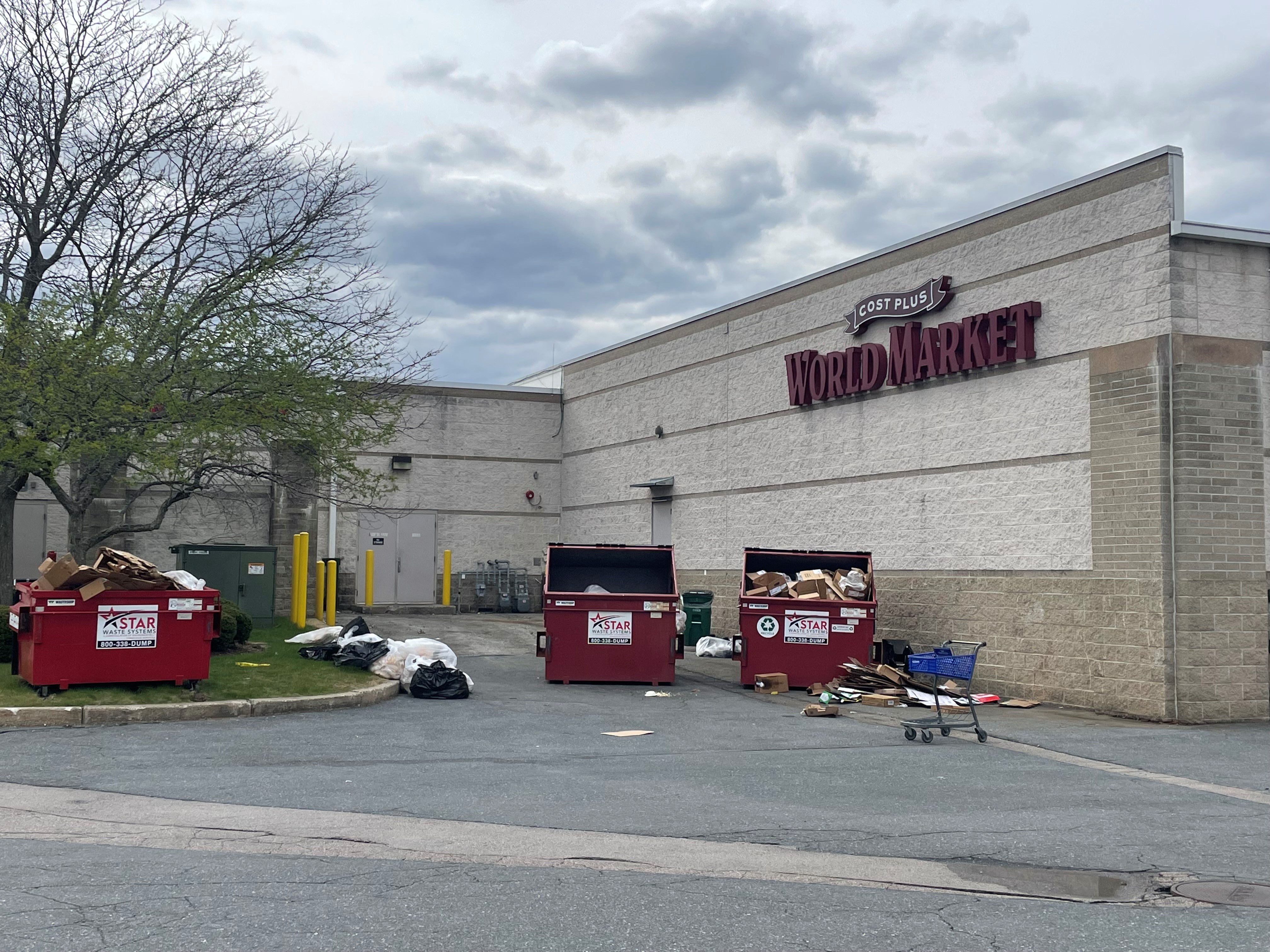Studies show 25 to 30 percent of all workers in Massachusetts – and more than half of those making under $35,000 – don’t have guaranteed earned sick time, or the assurance they can take a paid day off if they or a family member falls ill.
And a widespread sense that that is just not fair may help explain why polls show November’s state ballot Question 4, aimed at guaranteeing all workers can earn up to 40 hours a week of paid sick time, headed to a double-digit win.
"We’ve had a lot of support from people who don't earn sick time right now, but we also have a lot of support from the majority of people who do have it," Question 4/Raise Up Massachusetts spokesman Steve Crawford said in an interview Monday, "because they can't imagine how you run your life, take care of your kids, take care of your parents, without being able to take a single day of sick time without either threatening your job or losing a day's pay."
Still, many employer groups, including the state’s biggest business lobby, Associated Industries of Massachusetts, which represents 4,500 businesses and organizations, worry Question 4 could become an expensive and job-killing new mandate. "What we object to is a heavy-handed one-size-fits-all government mandate," AIM executive vice president Chris Geehern said.
"In the end, it’s going to hurt employees as well," Geehern said. Many AIM members, Geehern said, currently offer flexible arrangements like “paid time off” banks or “flex days” where employees get a number of days they’re allowed to use for calling in sick, for personal days, or other purposes. Geehern said AIM is concerned that if the state creates a new requirement they have to ensure five sick days a year for workers, they’ll just subtract those from the overall package of days off they’re allowing for all purposes.
"You’ve essentially lost the flexibility to use those five days as the employee sees fit," Geehern said.
On Monday, Republican gubernatorial candidate Charlie Baker said he backs several changes to the sick time law as outlined in Question 4. Speaking to reporters briefly after a Massachusetts Technology Leadership Council forum in Cambridge Monday afternoon, Baker didn’t answer directly whether he’s voting yes or no on the question or whether he’d seek, if elected governor, to have the Legislature amend Question 4 along the lines he’s proposing.
Massachusetts
The latest news from around the state
"I’ll support the voters, but I have said all along, I support earned sick time, and I wanted to see a more flexible policy" than what’s laid out in the ballot question, Baker said.
Baker’s alternative plan would still guarantee up to 40 hours a year of sick time for all workers but would:
- Apply the law only to companies with 50 or more employees, not 10 or more as the ballot question would.
- Let workers accumulate paid sick time more slowly, at the rate of 1 hour per 40 hours worked instead of 1 per 30.
- Require they work for an employer for 90 days before beginning to accumulate the sick leave, rather than the ballot question’s formula of allowing workers to accumulate the time immediately on starting to work and be allowed to put in for sick time after 90 days.
- Specify that employers who already offer 10 days or more of “flex time” or similar arrangements that can be used as paid sick leave time be exempted from the measure.
Baker said he believes if the law passes as written, it’s up to the next governor and legislature to carry it out, but said his aim is "making sure that we get the kind of benefit that people are looking for here, but at the same time, creating enough flexibility so that employers who have all kinds of different approaches to flex time and leave time have the ability to continue to do the things that have been working for them and their employees."
Baker’s Democratic opponent, Attorney General Martha Coakley, said she is a solid yes on 4, with no quibbles.
"I think when voters really see what’s at stake, they’ll vote yes," Coakley said. "We know that we have one in four people who don't have sick time, who've been threatened with losing their jobs or who've been afraid that they're going to be put out of work’’ if they have to take a sick day. “We can do better than that in Massachusetts."
With videographer Daniel J. Ferrigan



